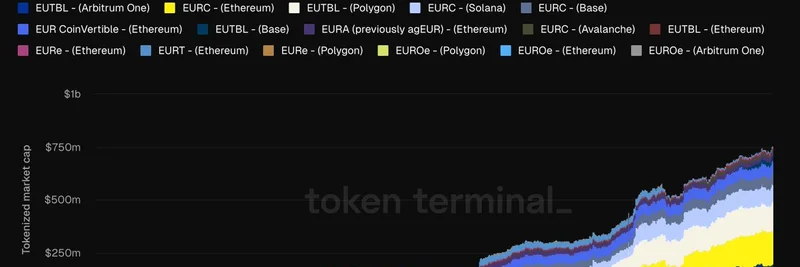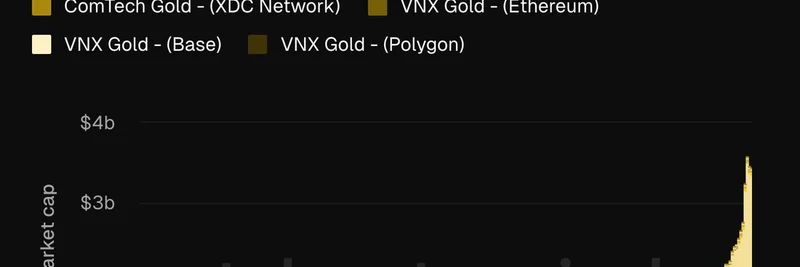In the fast-paced world of crypto, where meme tokens like those in the Solana ecosystem can skyrocket or crash overnight, regulation is a hot-button topic. Armani Ferrante, the founder and CEO of Backpack, MadLads, and AnchorLang, recently shared some straight talk on X that cuts through the usual debates. His post highlights how discussions around regulation often serve special interests rather than genuine protection for users and markets.
Ferrante's core message? Forget the oversimplified labels like "centralized" or "decentralized." What really counts is the level of risk a system introduces or reduces. High-risk setups deserve more oversight, while low-risk ones should face lighter rules. As he put it: "Everyone talks about regulation because they want to kill their competitor. Regulation isn’t supposed to exist for special interest groups, it’s supposed to exist to protect people and markets. Generalized statements on technologies aren’t particularly helpful. Centralized? Decentralized? No. What matters is the risk you’re creating or minimizing with a system. High risk. More regulation. Low risk. Less regulation. Don’t fade common sense."
This perspective resonates deeply in the meme token space, where projects like MadLads blend NFT culture with viral memes to create community-driven value. Meme tokens are inherently speculative—think of them as digital assets fueled by internet hype, social media buzz, and community engagement rather than traditional fundamentals. They're fun, accessible, and can democratize wealth creation in blockchain, but their volatility makes them prime examples of high-risk plays. Under a risk-based regulatory framework, as Ferrante suggests, regulators could target manipulative practices like pump-and-dump schemes without blanket bans that crush innovation.
Why does this matter for blockchain practitioners? In ecosystems like Solana, where low fees and high speeds enable rapid meme token launches, a common-sense approach to regulation could foster growth. It minimizes unnecessary barriers for low-risk, transparent projects while clamping down on those that exploit users. Ferrante's view aligns with broader calls in the industry for adaptive policies that evolve with technology, rather than rigid rules that favor incumbents.
The post sparked a flurry of replies, with users echoing the need for nuanced, dynamic regulation. One commenter noted, "The future of regulation shouldn’t be about labels it should be dynamic, adaptive, risk-based." Another added, "Regulation should protect people, not be a weapon for crushing competition." Even a nod to privacy coins slipped in, hinting at how diverse crypto niches could benefit from this mindset.
At Meme Insider, we're all about unpacking these insights to help you navigate the meme token landscape. Ferrante's common-sense plea reminds us that effective regulation isn't about picking winners—it's about creating a fair playing field. Whether you're farming airdrops, trading NFTs, or building on-chain communities, keeping an eye on regulatory shifts is key to staying ahead.
For the full thread and reactions, check out the original post on X. What are your thoughts on risk-based regulation for meme tokens? Drop us a line or join the conversation in our forums.



, which I'll link in the article for more context.*** -tokenomics.webp)